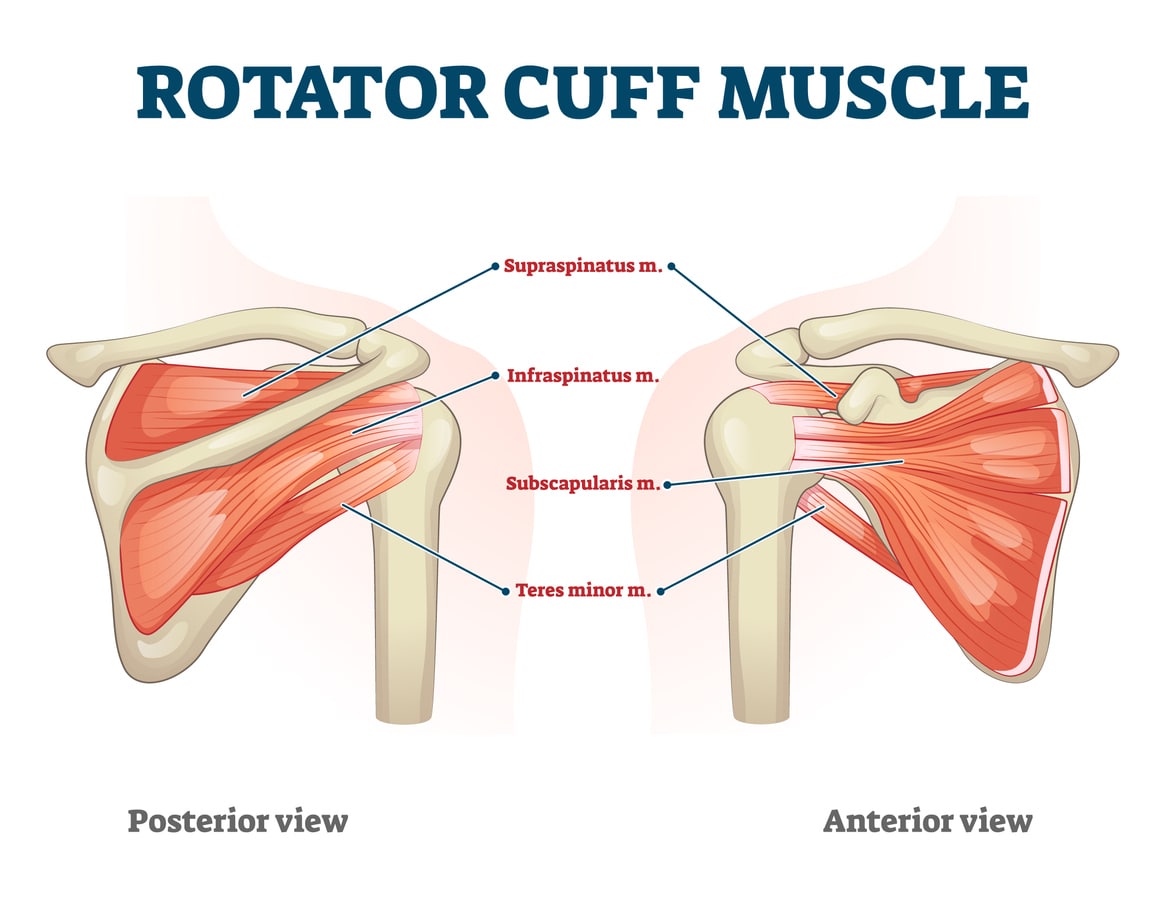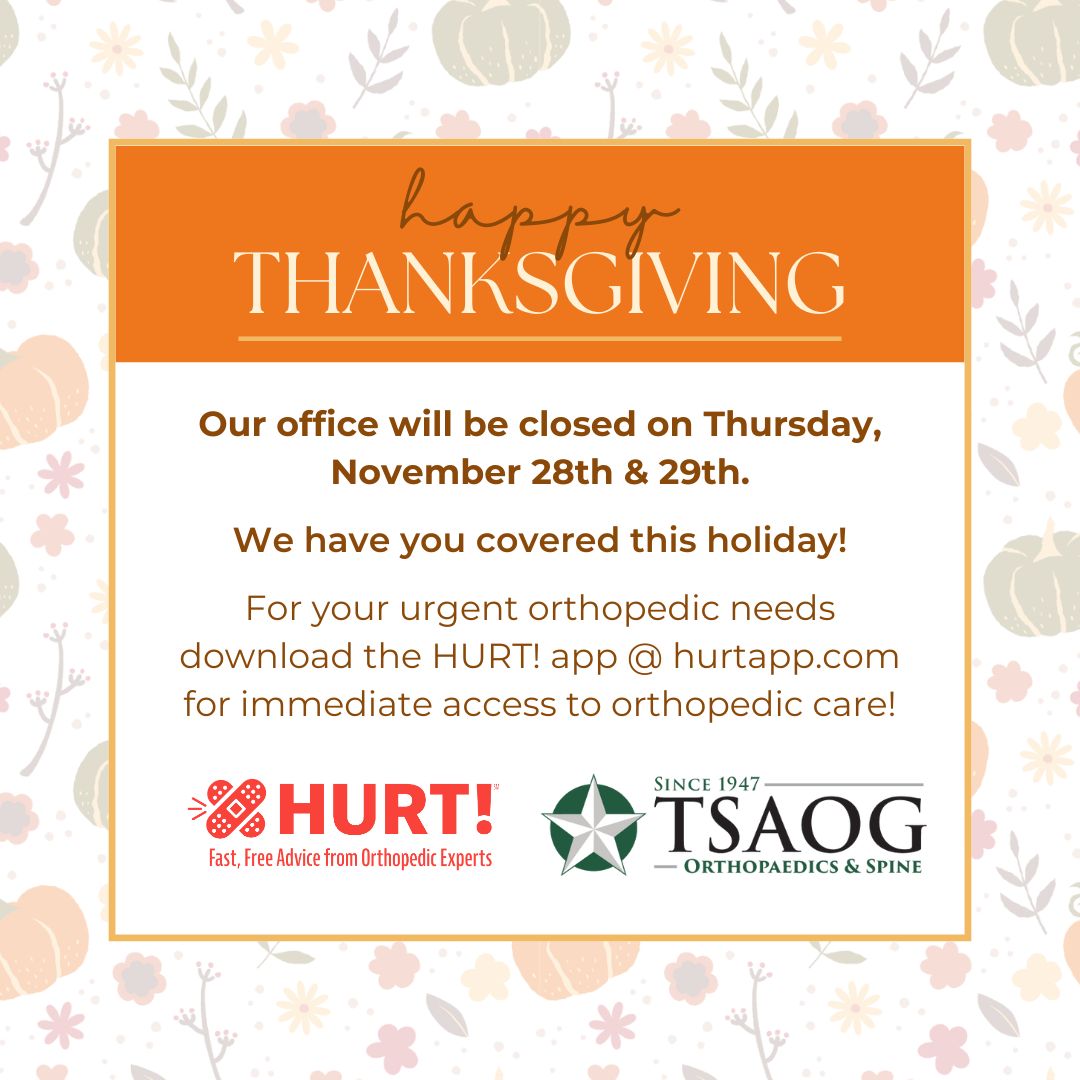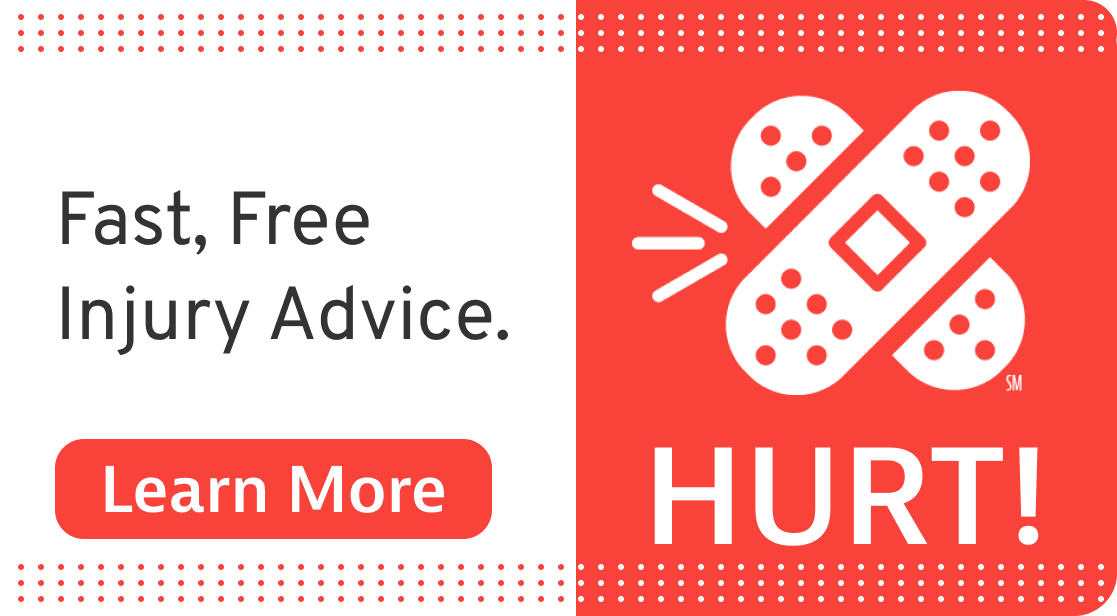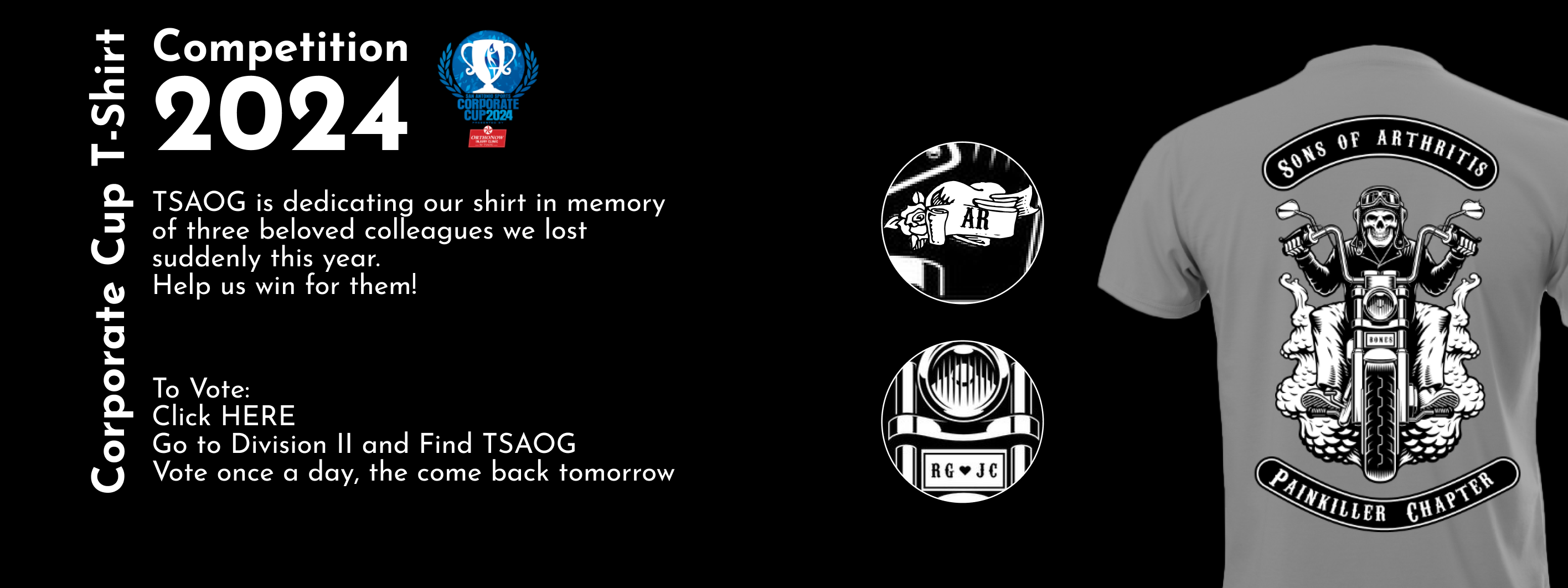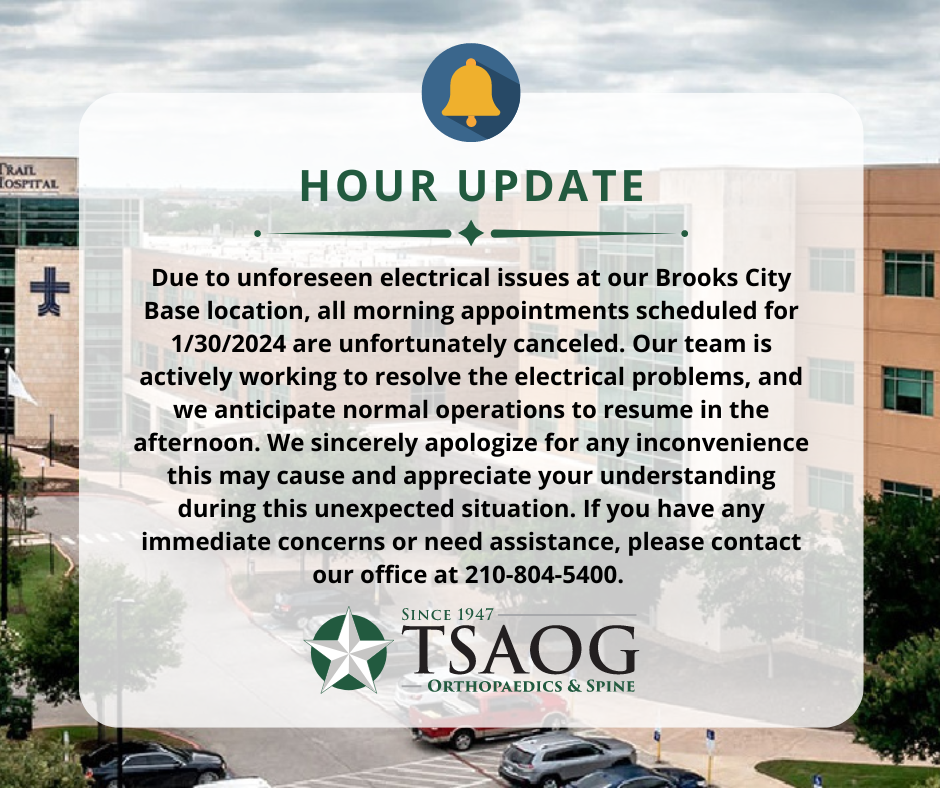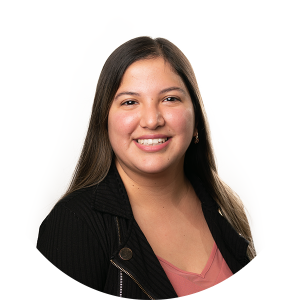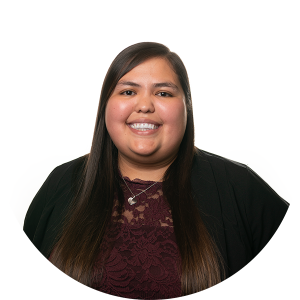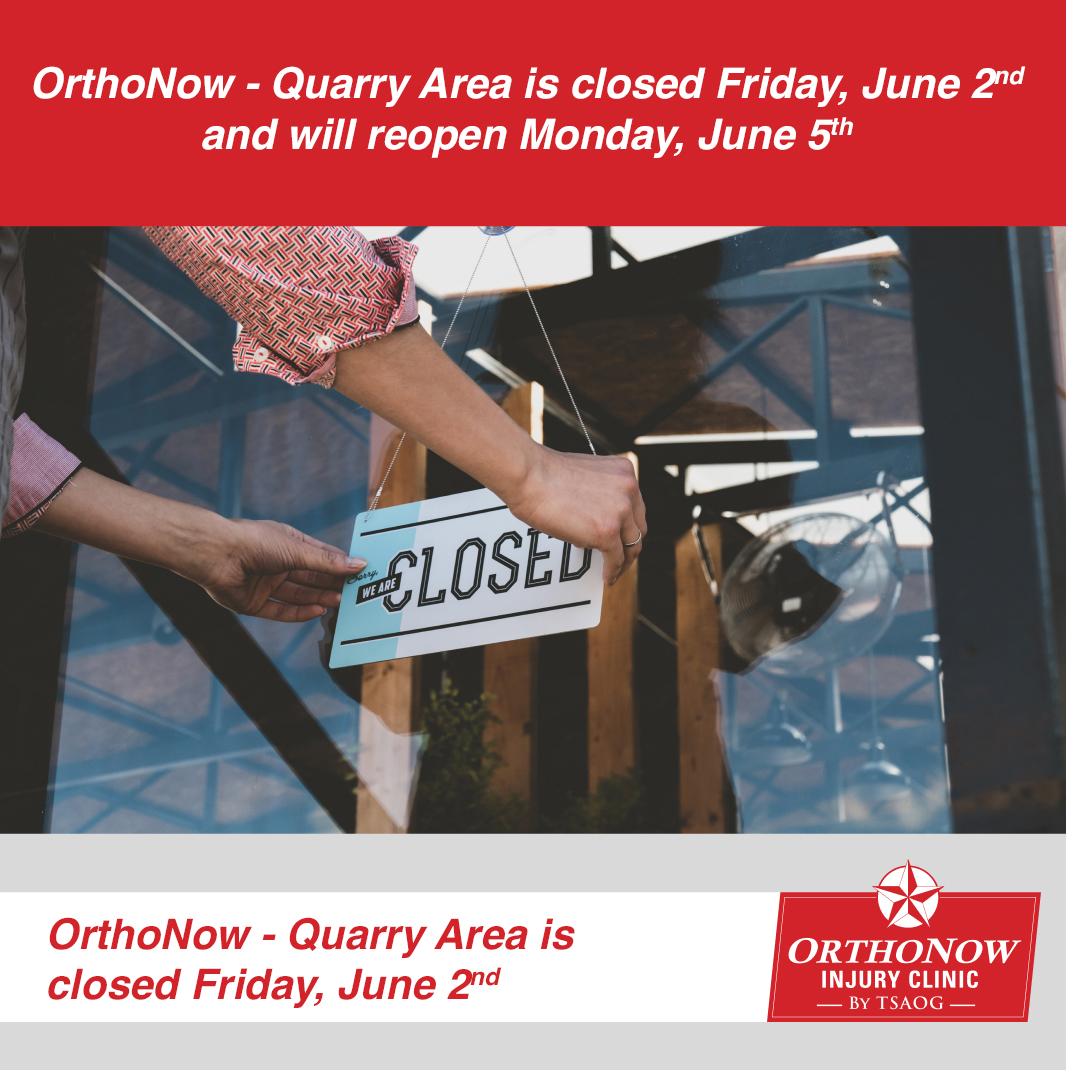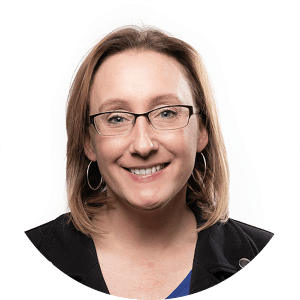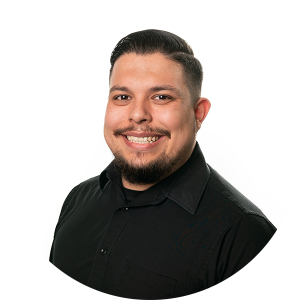Patient Testimonial Video: https://youtu.be/wXpyv-1M844?si=f4xdeHFBUSvtwWcD
Two years after his first knee replacement surgery, Timm Aldrich began to feel pain in his other knee that would not subside. Recognizing this pain, he knew he may have to go the surgical route once again but was confident in that decision since he had been through the process once before.
Throughout his life, the 63-year-old has been active. He’s run several 10ks, enjoys a competitive game of pickleball, and heads to the gym several times a week to keep in shape. This active lifestyle allowed him to receive non-operative treatment options for a few more years until he was ready to move forward with surgery.
“Timm is active, and the exercise and activities likely helped delay the arthritis in both knees,” says Dr. Richard Ursone, Tim’s Orthopedic Surgeon. “He had complete cartilage loss and had tried several years of nonoperative care including multiple steroids, and viscosupplementation injections, modified activities, and bracing.”
But after months of soreness in his knee, he knew it would only continue to get worse and it was time to take action.
“It was uncomfortable during the day and towards the evening, it was throbbing,” says Timm Aldrich, TSAOG knee replacement patient.
In July of 2023, Dr. Ursone performed Timm’s surgery with help from the MAKO robotic arm assisted knee application, created by Stryker. Using CT-based three-dimensional modeling of bone anatomy, Dr. Ursone created a personalized surgical plan for Timm, identifying the impact size, orientation, and alignment, based on his unique anatomy. TSAOG is the first medical group in Texas to provide this breakthrough advancement in an outpatient surgery center.
“The application allows surgeons to perform a customized ‘perfectly fitted’ knee replacement for the best functional outcome,” says Dr. Ursone. “It also minimizes surgical exposure to decrease pain after surgery and allow for a more rapid return of function.”
Within a week after surgery, Tim was back at TSAOG, doing everything he could to strengthen his knee in physical therapy.
“I’m a busy body and it’s hard for me to sit still,” adds Aldrich. But too much activity right after surgery can lead to a buildup of fluid in the leg, as was Tim’s case. His advice?
“You’re going to have days right after the surgery when you feel really good and you want to do a lot of stuff,” says Aldrich. “I always do too much. My advice is don’t overdo it, it slows the process.
“Timm is expected to return to an active lifestyle including most sports and activities,” says Dr. Ursone. “He presented in excellent physical shape and strength which always helps in the recovery process.”

